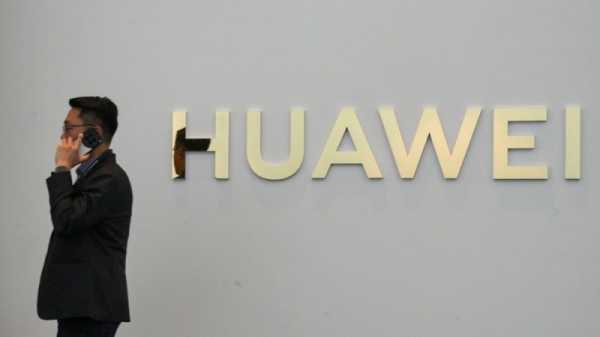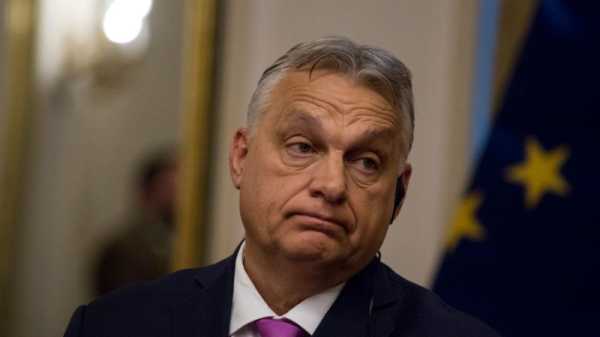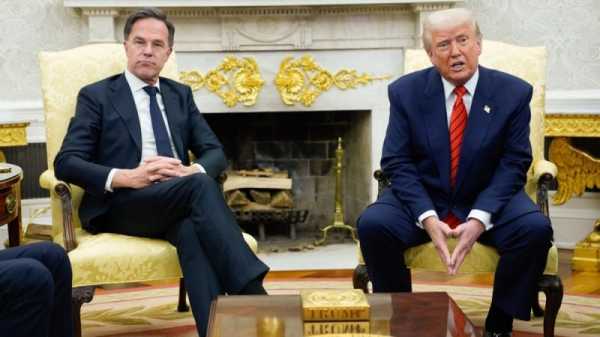
England may be out of the EU, but English has not gone anywhere. If anything, its position as the first language in Brussels is more entrenched than ever. This has long been a sore point for some French officials.
Now, President Emmanuel Macron’s government has decided to take the language war to court over the European Commission’s recent move to hire new officials using a selection process involving some tests that are only given in English.
The French government has filed two complaints to the European Court of Justice, one of which was published on Monday.
France argues that English-only tests violate the EU treaties because they discriminate against non-English speakers. It may well be right in this case, but the Court in Luxembourg is not going to be able to turn back the tide.
Veterans of the Brussels bubble say that French and English, followed by German, were roughly equal in terms of use through the 1980s and 1990s.
The big shift in favour of l’anglophonie was the result of the EU’s expansion in 2004 and 2007 to central and eastern Europe.
With the possible exception of Romania, which is a member of the Francophone community, English is the second language for most of these states. The French language – at least in the EU institutions – has been in decline ever since.
This reporter spent close to six years working in the European Parliament. Back then, some French MEPs were known for refusing to speak English in meetings to negotiate amendments to legislation or the text of resolutions.
It was a very effective political tactic since other MEPs and staff would respond in French in varying degrees of quality. Any complaints about the French-only rule were met with the retort that ‘why should we all speak English’?
That response was fair. The only difference was that the Brits – including this reporter – were typically such poor linguists that their failure to speak French, or other EU languages for that matter, was the result of incompetence rather than chauvinism.
That microcosm perhaps explains the dismal quality of so many Parliament reports. It also explains why Euro-English, which is a very different beast to the language of Shakespeare, has emerged as the EU’s lingua franca.
In 2022, the French EU presidency adopted similar tactics when it made a point of ensuring that all preparatory meetings and notes would be in French.
The anglophone trend has not been affected significantly by Brexit. While the EU institutions will not hire any more British staff, most of the British EU civil servants have stayed in Brussels, taking on Belgian or other EU citizenship.
Beyond packing the top echelons of the EU institutions with French officials, it is hard to see how France can win the battle for linguistic supremacy. English, it seems, is not just for the English.
The Roundup
Britain has announced its backing for a moratorium on commercial deep-sea mining, after criticism from scientists, MPs and environmentalists of its previous stance in support of the emerging industry. Euractiv’s media partner, The Guardian, reports.
After weeks of negotiations, Montenegro’s parliament appointed on Tuesday a new government, a coalition of pro-European and pro-Serb parties expected to lead the small Balkan country in its bid to join the European Union.
Bulgaria’s strategy for children’s health care is based on wrong data on obesity, which means that the state has no way to foresee adequate measures to solve the problem, doctors have signalled to Euractiv.
EU institutions are preparing for confrontation over the functioning of the legal presumption of employment, the most sensitive aspect of the Platform Workers Directive, in a trilogue next Thursday.
Healthcare experts in Poland have issued recommendations to the government calling for specific measures to both increase drug security and give domestic production a boost.
German trade unions are insisting on subsidies for energy-intensive industries in Germany, while the government and business representatives are split.
As the largest Central Asian nation, located on the fringes of the Russian and Chinese worlds but oriented towards the EU, Kazakhstan is performing a strategic balancing act to maintain its stability and position in the heart of Eurasia.
Don’t miss this week’s Transport Brief: EU looks to take the controversy out of carbon removals.
And check out this insightful from-the-ground agrifood video: A view from the farm.
Look out for…
- AI Safety Summit 2023 in Buckinghamshire Wednesday-Thursday.
- Commission President Ursula von der Leyen meets with the Presidency of Bosnia and Herzegovina and the Chairwomen of the Council of Ministers.
Views are the author’s
[Edited by Zoran Radosavljevic/Nathalie Weatherald]
Source: euractiv.com



